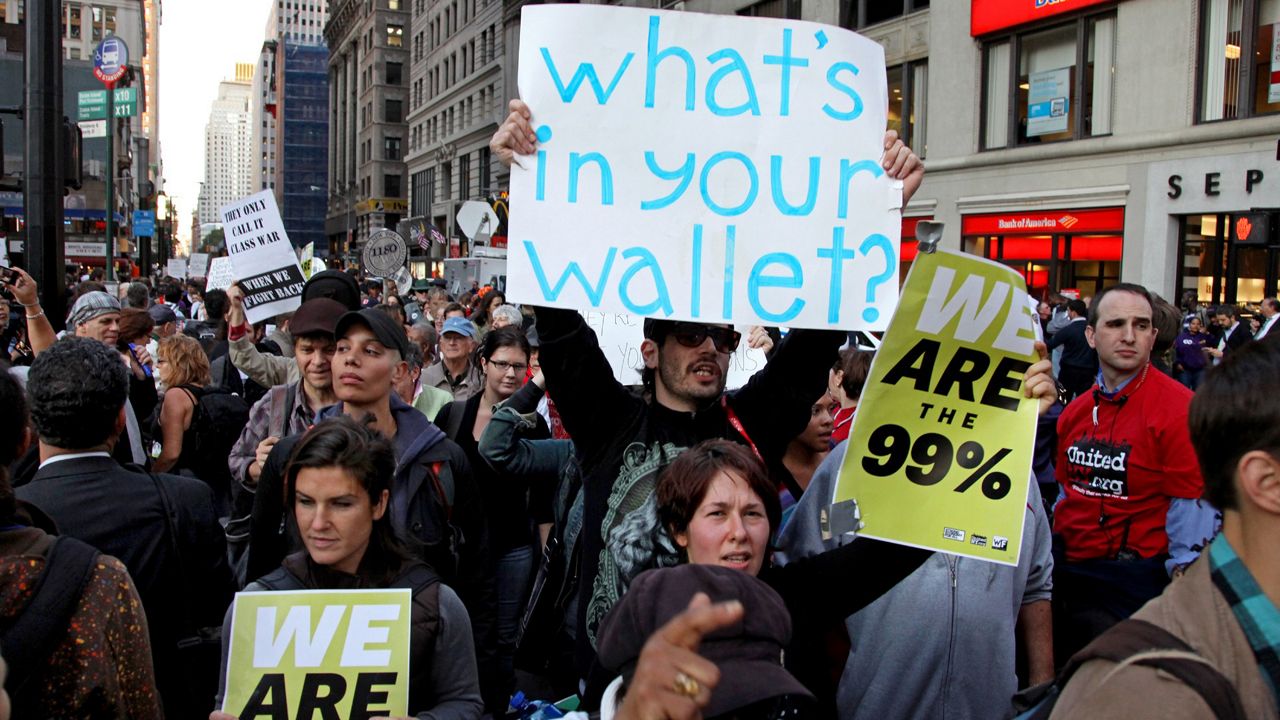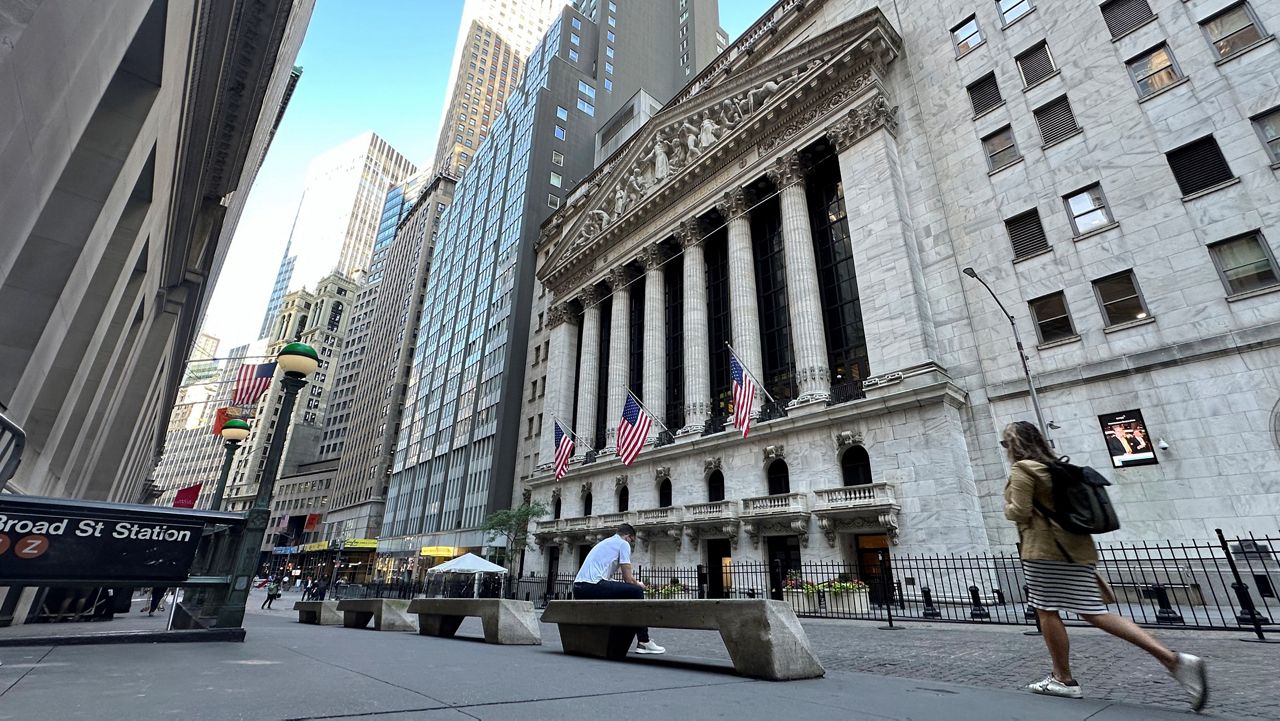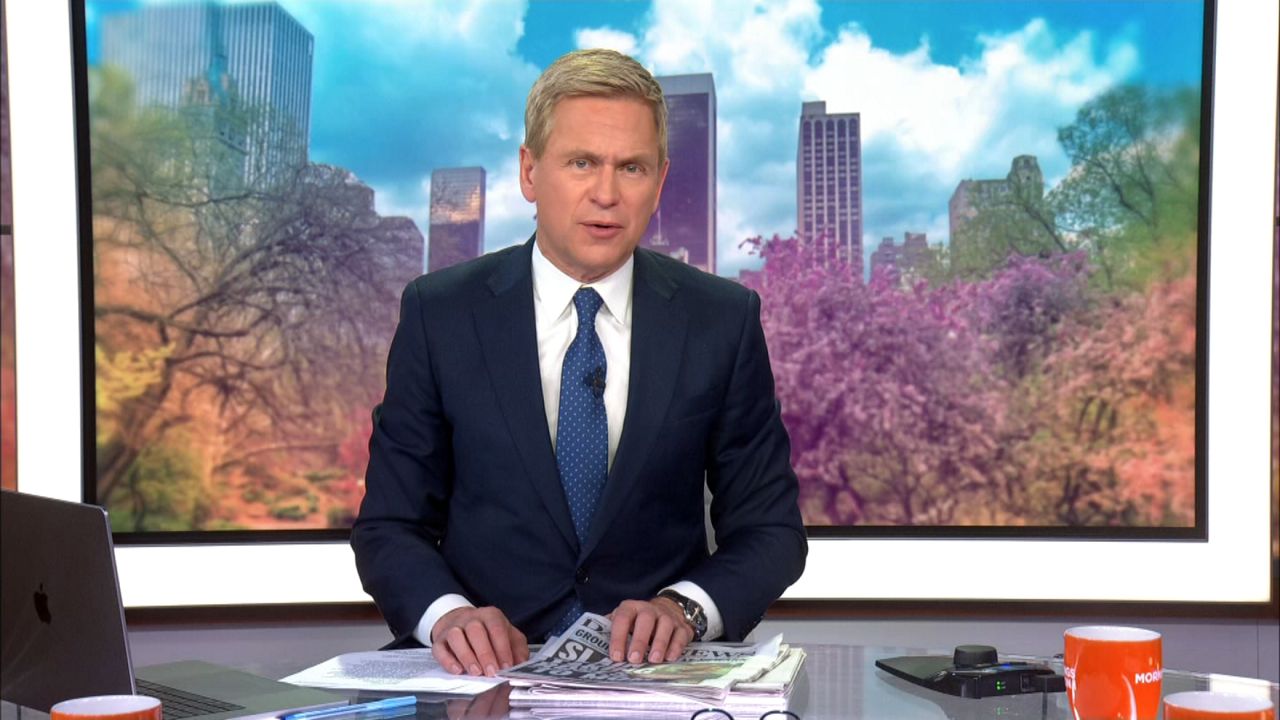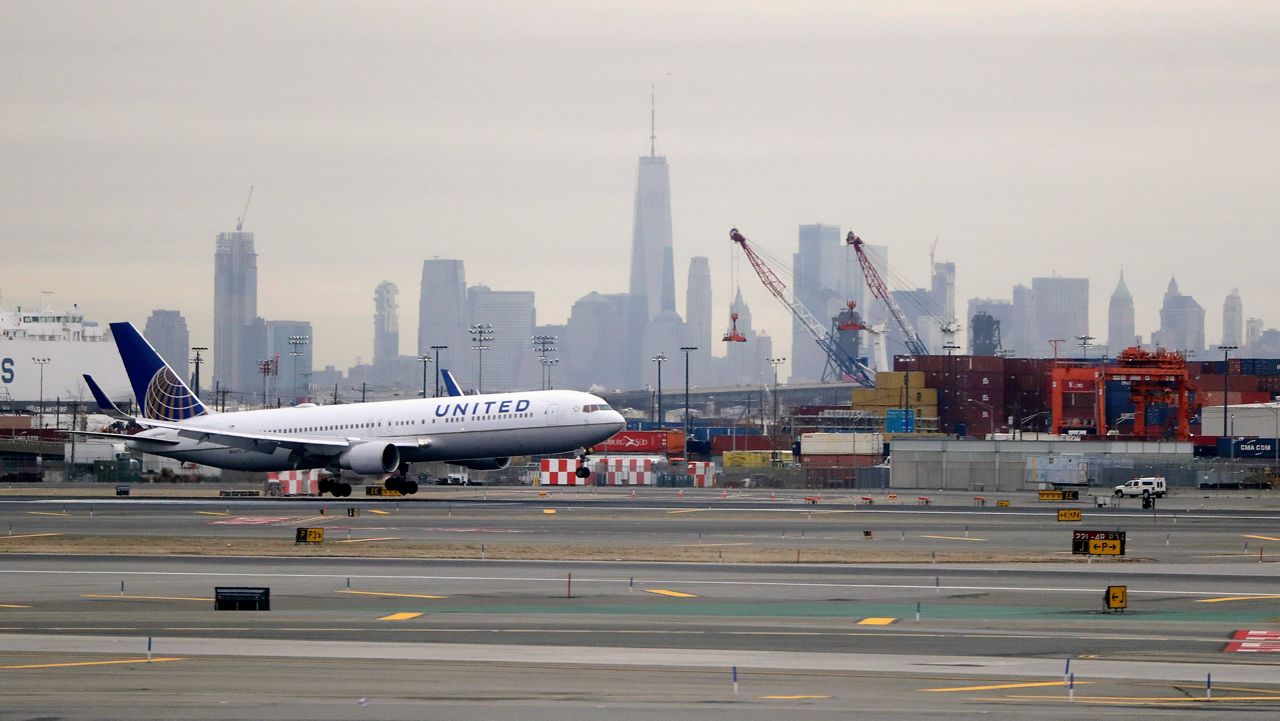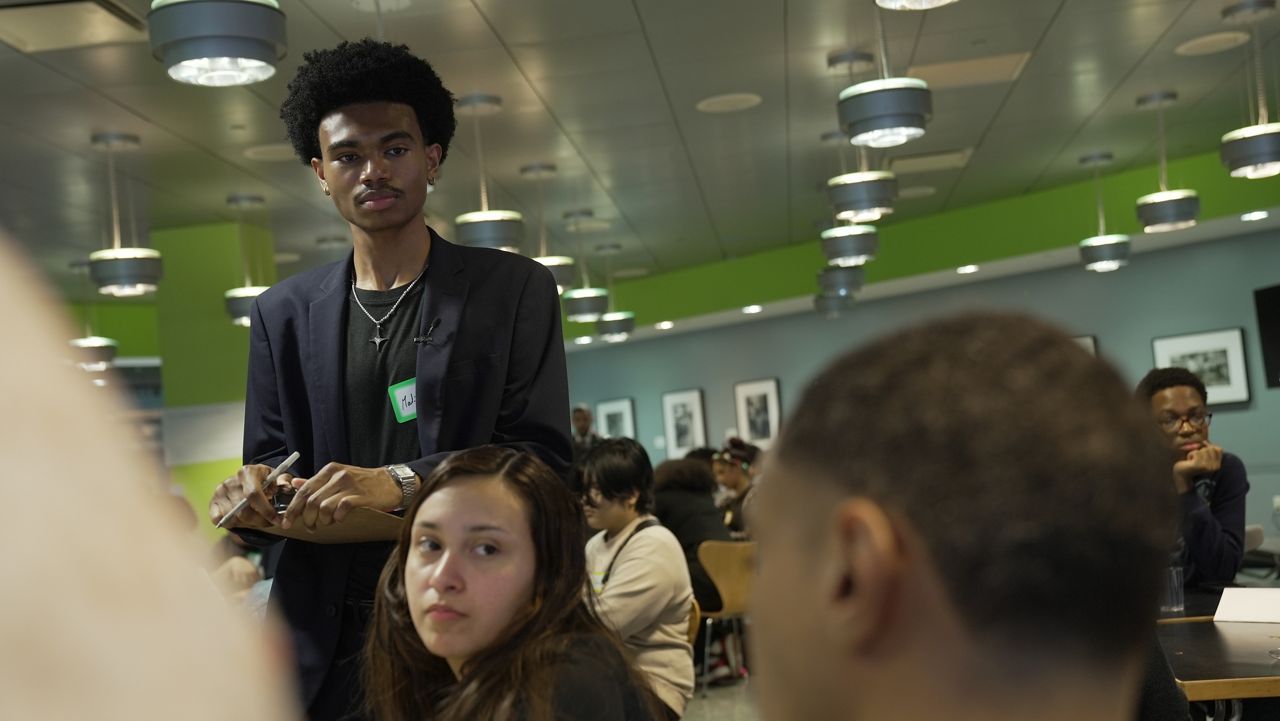In September 2011, Tyler Combelic was unemployed and frustrated with his situation.
He was 27 years old and working in food service because of his struggles finding work in the nonprofit sector. But when the taco shop he was managing in Clinton Hill shut down, he was at a loss.
“I found myself in the same lurch that I feel like most people my age felt at the time, which was I grew up in the boom, and then graduated into the bust,” Combelic said.
He soon found out about people gathering at a park in Lower Manhattan to address these same economic grievances and decided to swing by after a job interview.
Since he was in a suit, dressed for an interview, he immediately found himself standing out in the crowd, he said.
People started approaching him, asking what the gathering was about and from there it just snowballed, Combelic said.
“Within about 20 minutes of being at the park, I'm pulled in and now I'm helping run press relations for Occupy Wall Street,” said Combelic, who now works in publishing to develop inclusive curriculum for elementary and middle schools.
The occupation of Zuccotti Park, a privately-owned public park a few blocks from Wall Street in downtown Manhattan, only lasted two months before protesters were evicted by law enforcement. But the movement kicked off a generation of activism in its wake. And 10 years after that first night in the park, the movement’s influence on progressive politics has impacted the entire country — with New York continuing to serve as a hotbed for this cultural shift.
“The nation as a whole has really seen this progressive shift in the last few years, but New York City and New York state really can point to that in a direct way,” said Michael Levitin, author of Generation Occupy: Reawakening American Democracy. “‘Occupy’ spurred this momentum that caught fire and took hold in New York.”
Occupy Wall Street pioneered a leftward shift in politics across the city and state with many of its participants going on to hold influential positions within political organizations. It also gave rise to the successful election of politicians like Alexandria Ocasio-Cortez to Congress as well as policies reflecting the movement’s goals, such as raising taxes on the wealthy.
Nelini Stamp, national director of strategy and partnerships for the Working Families Party, got involved with Occupy Wall Street from the first day it descended on the park.
She distinctly recalls the connections she made during her time camped out in the park with people like Michelle Crentsil, who is now the political director at New York State Nurses Association, Sandy Nurse, who was recently elected to City Council as council member for Brooklyn’s District 37, and Sharon Cromwell, New York deputy state director for the Working Families Party.
“All of us met at Occupy Wall Street,” Stamp said. “We were all Black women at Occupy and all totally knew each other because it wasn't really a Black space back then.”
Stamp was also actively involved in the “Occupy City Hall” movement — its name signifying a direct influence from Occupy Wall Street — whose organizers demanded a $1 billion reduction in the NYPD budget during the height of police brutality protests in the city last year.
The impact of Occupy Wall Street can be felt not only among those who were directly involved, but by those whose organizing was influenced by the movement.
“This idea of people taking back power, of organizing digitally, using the tools and the kind of organizing capacity of the millennial generation — [this leads to] groups like Justice Democrats, which helped give rise to AOC,” Levitin said.
AOC’s win opened the gates for more progressive lawmakers from New York to take power.
Levitin points to the successful elections of people like Jamaal Bowman and Mondaire Jones to Congress. There’s also Julia Salazar’s 2018 ascendancy to the New York State Senate. All of whom were endorsed by AOC.
There’s also the continued rise of people like Jumaane Williams, a city councilman at the time and one of the first elected officials to endorse Occupy Wall Street 10 years ago, Combelic said. Williams, who is now the city’s public advocate, only narrowly lost the lieutenant governorship primary in 2018 by less than 7% of votes.
“It really skyrocketed all of these careers in politics at various levels,” Combelic said.
Emily Gallagher, who was elected to the State Assembly this year, was directly involved in Occupy 10 years ago, and credits the impact of ‘Occupy’ on the state’s decision earlier this year to impose higher taxes on the wealthy.
“That is so connected to the Occupy Wall Street movement because Occupy Wall Street was really centered in looking at the way that the extremely rich in our country keep themselves rich through wealth, rather than through their earnings at work,” said Gallagher, who represents District 50 in northern Brooklyn. “It's being able to add taxes to those areas of the economy that are usually left untouched — that is going to have major implications.”
Gallagher called the budget passed this year, “the most progressive budget in the state’s history.” It included more than $29 billion in school aid, tax increases on millionaires, increases to the corporate franchise tax rates and $2.4 billion in rent relief.
Though the significance of Occupy Wall Street exploded across the country, its origins in the city are still deeply felt.
The official occupation of Zuccotti Park ended in November of 2011, but, in a sense, the occupiers never went home, said Levitin.
“The occupation ended, but they went on to lead and start and become really instrumental participants fueling the whole decade of activism that followed,” Levitin said.
This influence, as well as New York serving as a hotbed for activism, is why Combelic, who happened upon the group gathered downtown that September day 10 years ago and ended up playing a core role, thinks it's only a matter of time before the next big moment happens here.
“New York will always be that place where the next ‘Occupy’ will happen, the next major movement in the country and I look forward to it,” he said.




